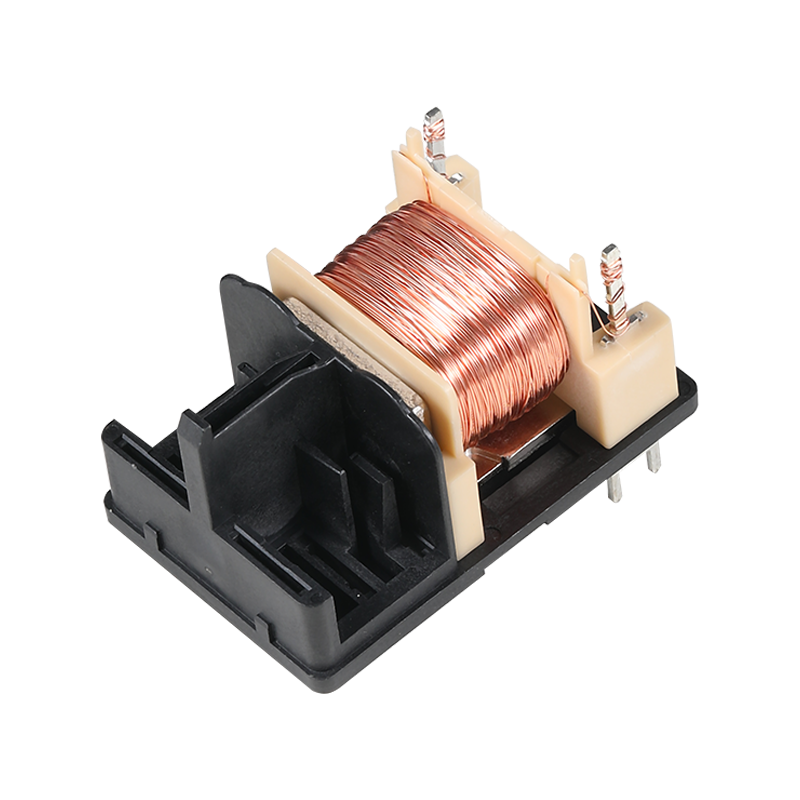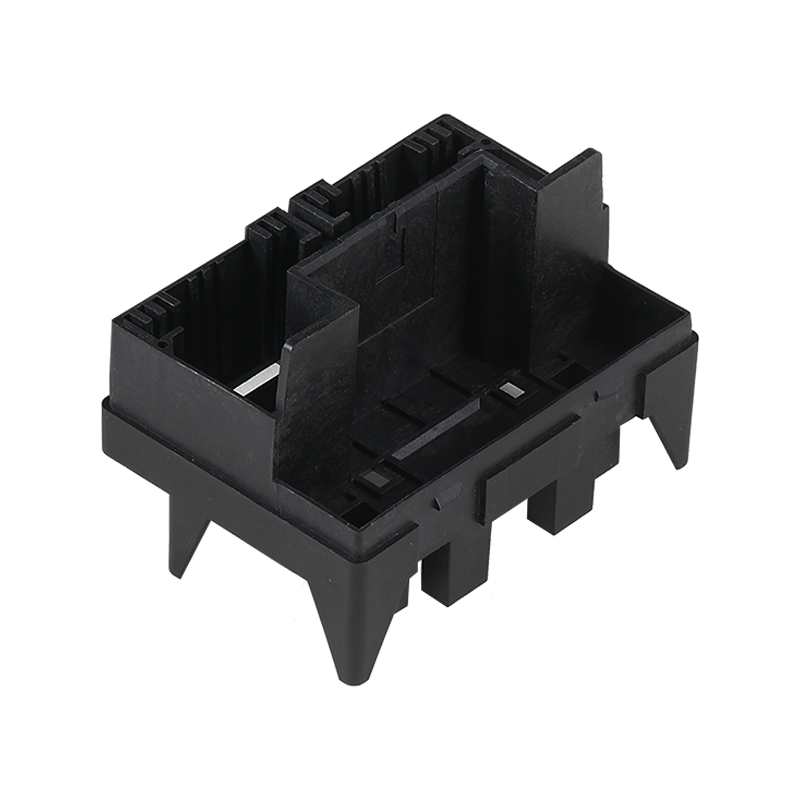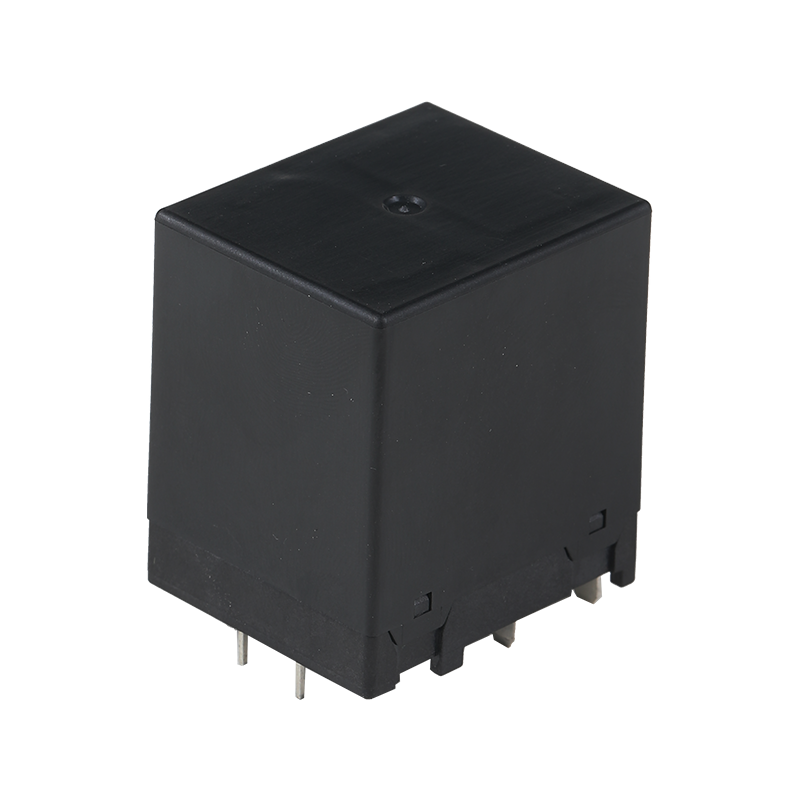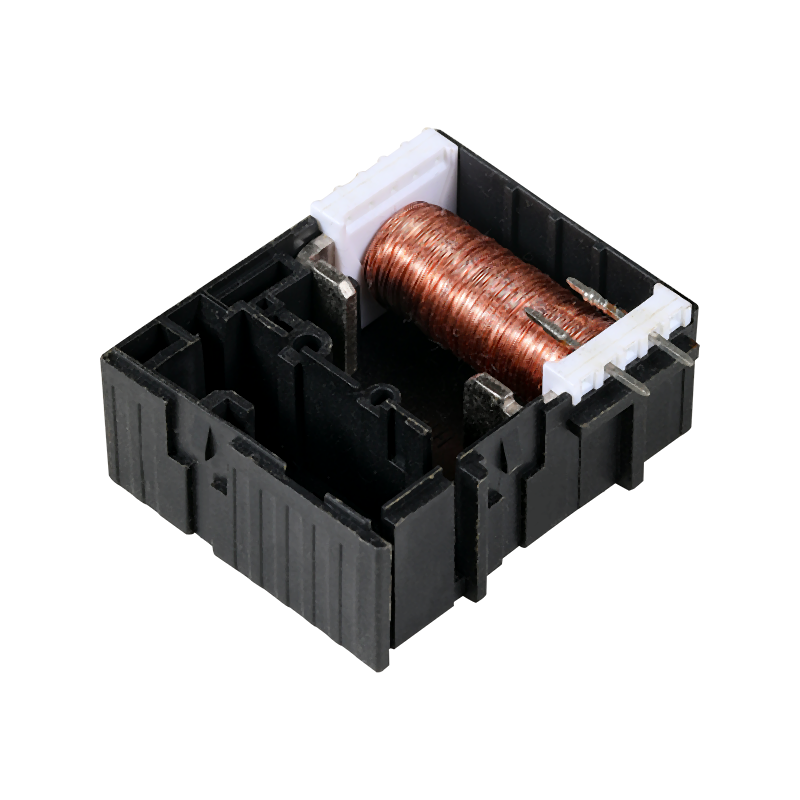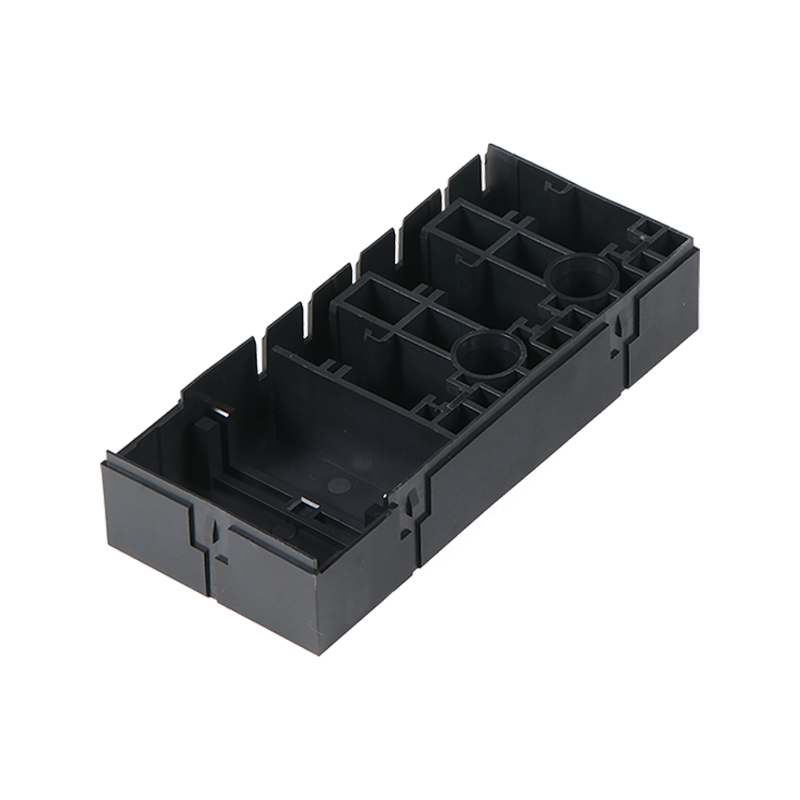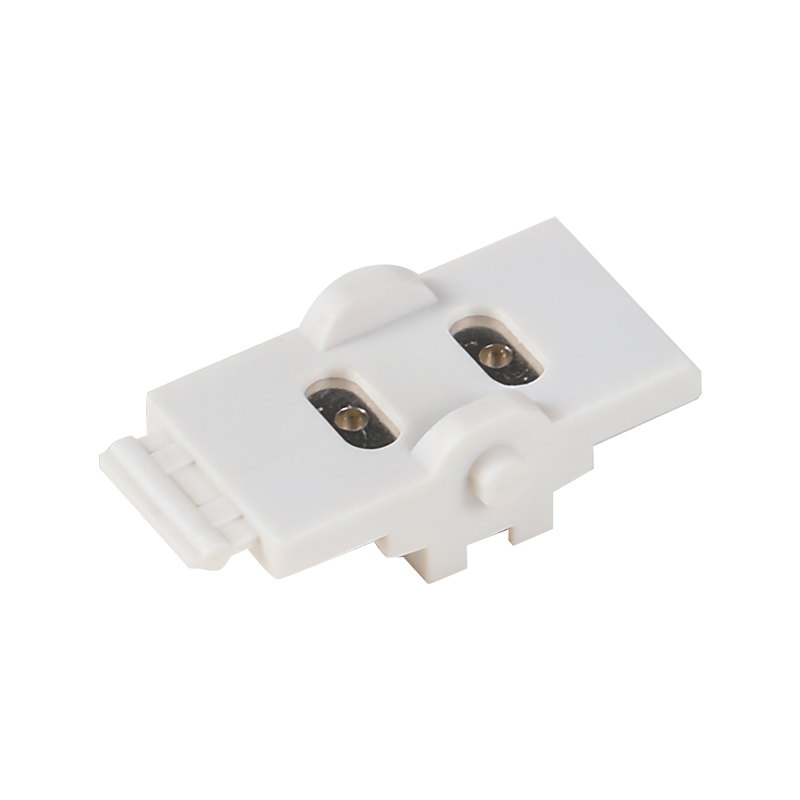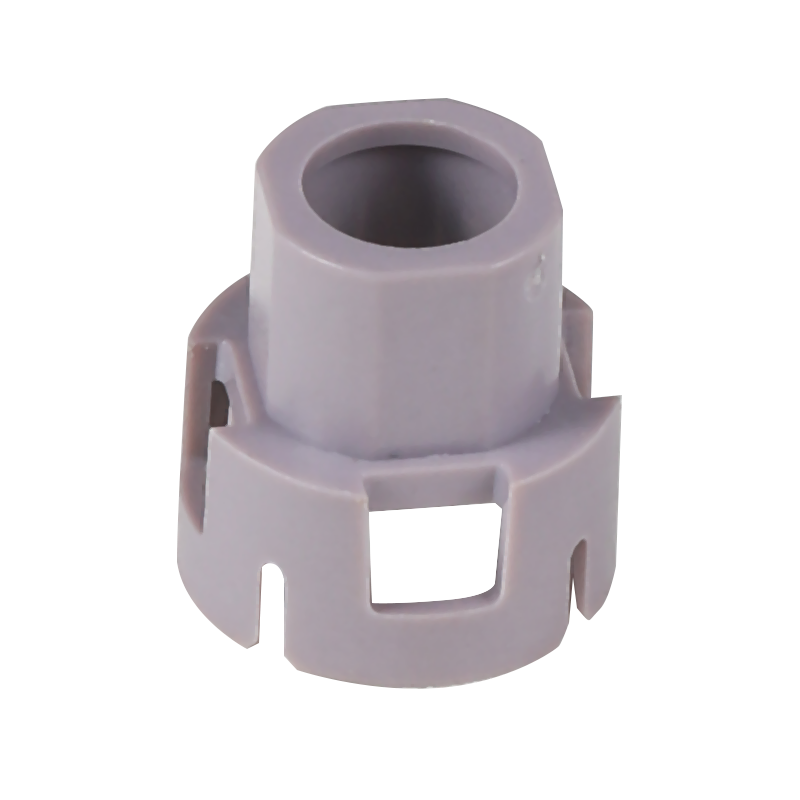
In the realm of electronics and industrial applications, connectors play a pivotal role in ensuring the seamless transfer of power and data.
Connectors are essential components in electronic systems, facilitating the connection between different parts and devices. They are designed to establish secure and reliable electrical or signal pathways, which are critical for the operation of various devices and machinery. Connectors come in a variety of types, each serving specific purposes and designed to meet the demands of different applications.
Electrical industrial connectors are robust and designed to withstand harsh environments commonly found in industrial settings. These connectors are built to resist dust, moisture, and other environmental factors that could compromise their performance. They are often used in heavy machinery, power distribution systems, and industrial automation, where durability and reliability are paramount. The connectors in this category are typically larger and more robust than their counterparts in consumer electronics, reflecting the need for strength and longevity in industrial applications.
Electronic parts connectors are integral to the assembly of electronic devices. They are used to join various components such as circuit boards, sensors, and displays. These connectors are precision-engineered to ensure a secure and efficient connection, which is vital for the performance and reliability of electronic devices. They come in a wide array of configurations, including pin headers, socket connectors, and surface-mount devices, each tailored to specific electronic components and systems. The miniaturization of electronic parts has driven the development of smaller, more intricate connectors that can accommodate the shrinking size of modern electronics.
Electronic terminal connectors are used to connect wires and cables to electronic devices or systems. They are found in a variety of applications, from simple home appliances to complex computer networks. These connectors are designed to provide a secure and easy-to-terminate connection, which is essential for maintaining the integrity of electrical circuits. Terminal connectors can be found in various forms, such as screw terminals, push-in terminals, and spring-loaded terminals, each offering a different method of wire connection. The choice of terminal connector often depends on the specific requirements of the application, including the type of wire being used and the environmental conditions the connector will face.
The quality and reliability of connectors are critical in any electronic system. Poorly designed or manufactured connectors can pilot intermittent connections, signal loss, or even system failure. As such, the electronic industry places a high premium on connectors that meet stringent quality standards. Connectors must be able to withstand repeated connections and disconnections, as well as resist corrosion and other forms of degradation over time.
The field of connector technology is constantly evolving, with new materials and designs being developed to meet the demands of an ever-changing electronic landscape. Innovations such as high-speed data transfer capabilities, improved shielding for electromagnetic interference, and the development of environmentally sealed connectors are just a few examples of how the technology is advancing. These advancements not only improve the performance of connectors but also expand their potential applications.
Connectors are the unsung heroes of the electronic industry, enabling the complex web of connections that power our modern world. From the small electronic parts to the largest industrial machinery, connectors are indispensable.

 English
English 中文简体
中文简体 русский
русский



